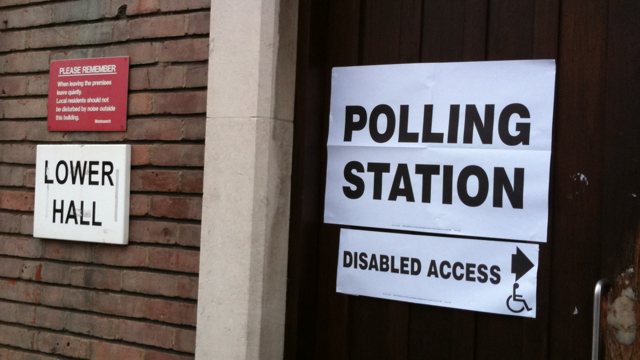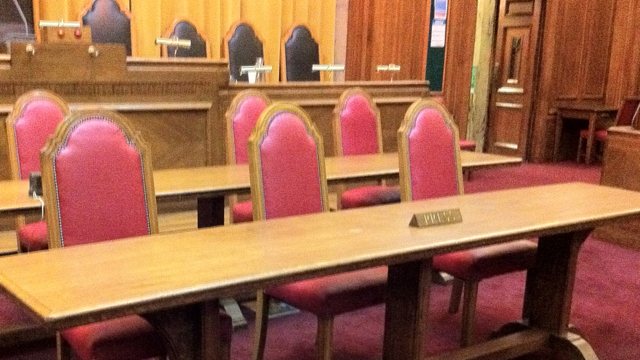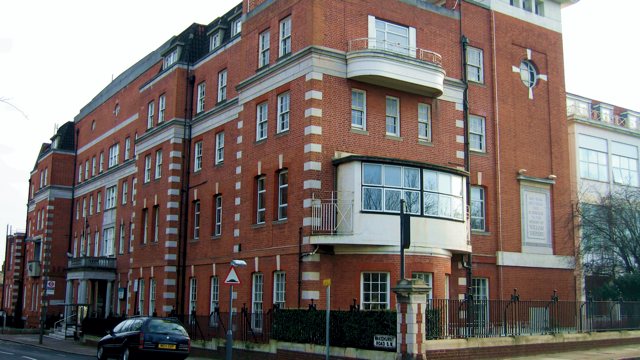This post first appeared on the Local Government Association blog.
What do you say to someone who wants to be a councillor?
After agreeing to meet someone through the LGA’s ‘Be a councillor’ campaign, I needed an answer.
There are, of course, the platitudes: you can make a difference, improve your area, maybe get that parking problem sorted. Or the time commitments: the town hall, the ward, being horsewhipped by your local party to deliver another newsletter. And the perks: though no examples spring to mind.
But I’m probably going through some sort of electoral mid-life crisis and found myself asking a more fundamental question: what is the point of a council?
I found it hard to answer.
We could use the same platitudes writ large, but that understates the historical importance of local government. For centuries any social progress worth shouting about was the result of local boards and corporations making the lives of citizens healthier and happier. National government defended our borders (and occasionally attacked other people’s) but for everything else there was the town hall.
The result may not have been consistent, but what is now derided as a postcode lottery set the rapid pace of social improvement in the 19th century. Councils and their forerunners identified service needs and innovated, their neighbours copied and improved, and the country benefited. Even those services we blithely assume could only be national had local roots. Before the NHS was a beloved institution if you needed a hospital bed the odds were your local council would provide.
Yet in the space of a single lifetime (extended, I should point out, thanks to local authority work in public health) these dynamic councils were brought low. Their sovereignty raided, powers taken and freedoms shackled.
Even the current suggestion of a ‘Magna Carta for local government’ seems more about central government returning appropriated powers and rights than recognising the potential of a dynamic and free tier of local government. It is still about things being done to us, not with or by us.
So what would I say to a potential councillor now? Well, the platitudes remain, after all, casework is a modern councillor’s bread and butter and we know change isn’t just around the corner.
But the conversation wouldn’t be complete without reference to local government’s proud history, and the suggestion that maybe, with determination, vision and the correct permission from the Department for Communities and Local Government, they could be part of a new era of innovative and independent local government.

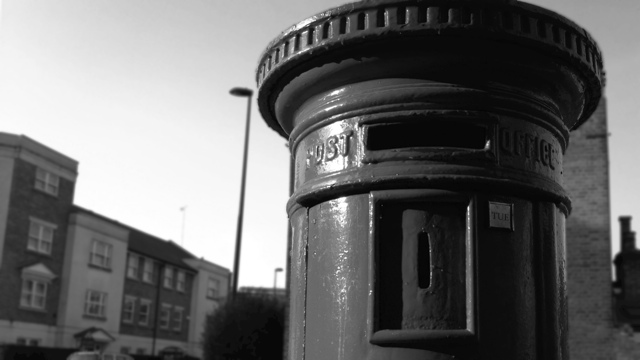
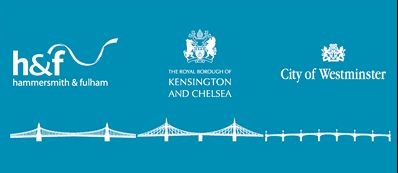 Hammersmith and Fulham, Kensington and Chelsea and Westminster council’s published
Hammersmith and Fulham, Kensington and Chelsea and Westminster council’s published 